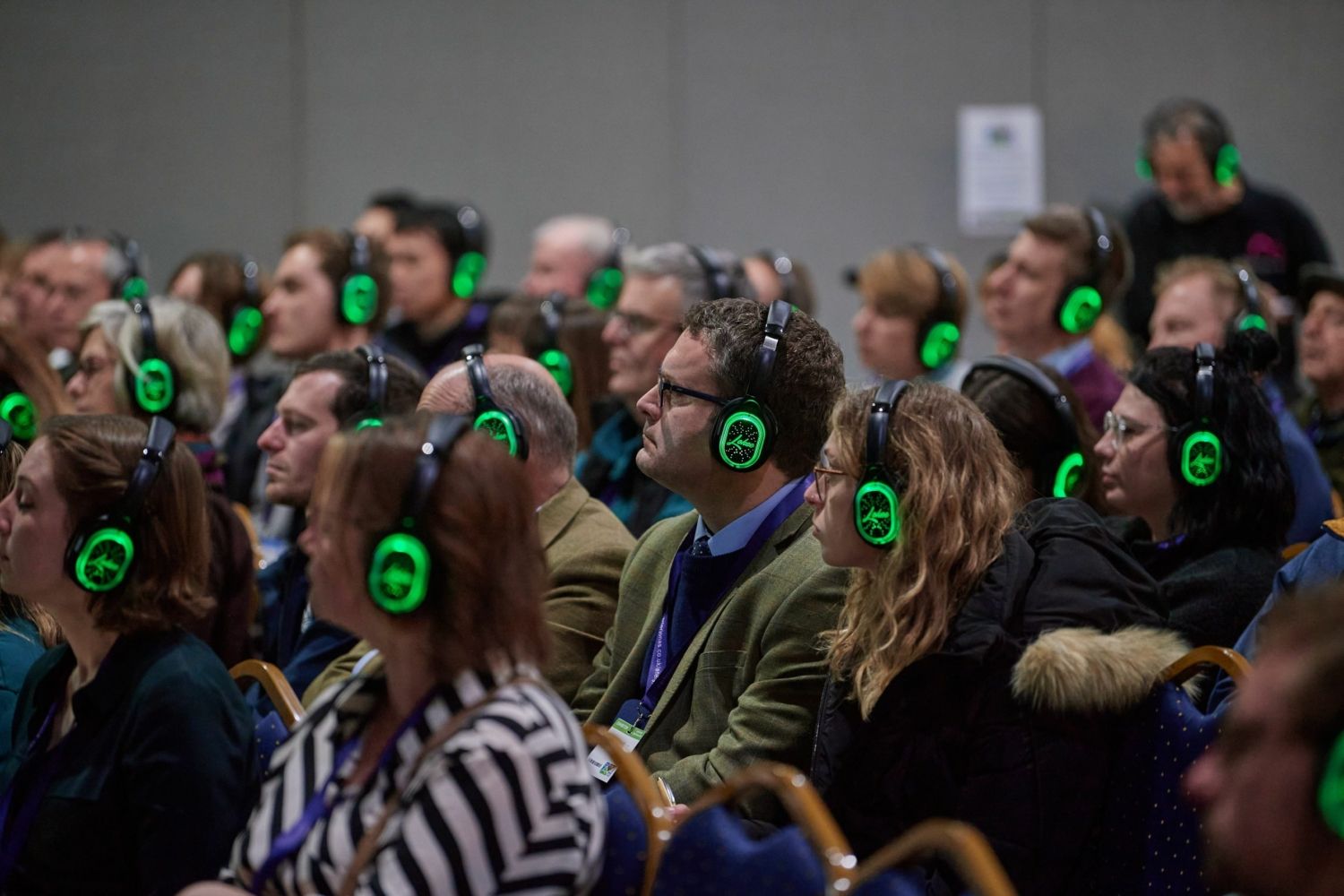Understanding the Numbers: Prof John Gilliland on Farming’s Journey to Net Zero
)
Speaking at Low Carbon Agriculture’s sister show, Farm Business Innovation, Gilliland discussed his personal journey to Net Zero.
Reaching net zero in agriculture requires more than aspirations, it demands data-driven action. According to Prof John Gilliland, a Northern Irish farmer, ARCZero chair, and adviser to AHDB and Quality Meat Scotland, understanding and leveraging carbon numbers is the cornerstone of this journey. With emissions embedded in production processes (scope three emissions), collaboration between the public and private sectors is essential to make meaningful progress.
Gilliland emphasises that net zero doesn’t mean zero emissions but rather a balance between emissions and sequestration. “Our landscapes are full of plants that lock up carbon through photosynthesis,” he explains. By measuring these factors, farmers can build a complete carbon balance sheet, which not only informs their practices but also strengthens their case for financial and policy support.
In an innovative pilot in Northern Ireland, Gilliland and six other farmers baselined carbon stocks on their farms, discovering that some operations were already beyond net zero. This evidence-based approach has driven smarter, more sustainable decisions and showcased farming’s unique ability to become a carbon-positive sector.
“Farmers are custodians of carbon,” Gilliland states, highlighting practices such as improving soil health, using lime to optimise pH levels, and incorporating diverse plants like chicory and clover to enhance carbon storage and water infiltration.
Gilliland also advocates for broader adoption of this approach, emphasising the importance of government and industry backing. Pilots in partnership with AHDB and QMS have been oversubscribed, revealing widespread farmer interest in understanding their numbers.
The challenge, Gilliland notes, lies in funding and the current focus on emissions rather than removals. Farming offers the rare potential to generate assets in the form of carbon sequestration, but without adequate financial incentives, the burden falls on the farmer to fund the experimentation.
Gilliland envisions a future where farms trade carbon quotas as they once traded milk quotas, driving the industry forward collaboratively. For him, net zero is a journey of resilience, innovation, and reconnecting with traditional practices validated by modern science. “If we look at the changes since the Second World War, the next decade will bring even greater transformation,” he predicts.
By empowering farmers with the tools to measure and act on their unique carbon footprints, Gilliland argues, agriculture can lead the way to a sustainable future, one informed number at a time.



